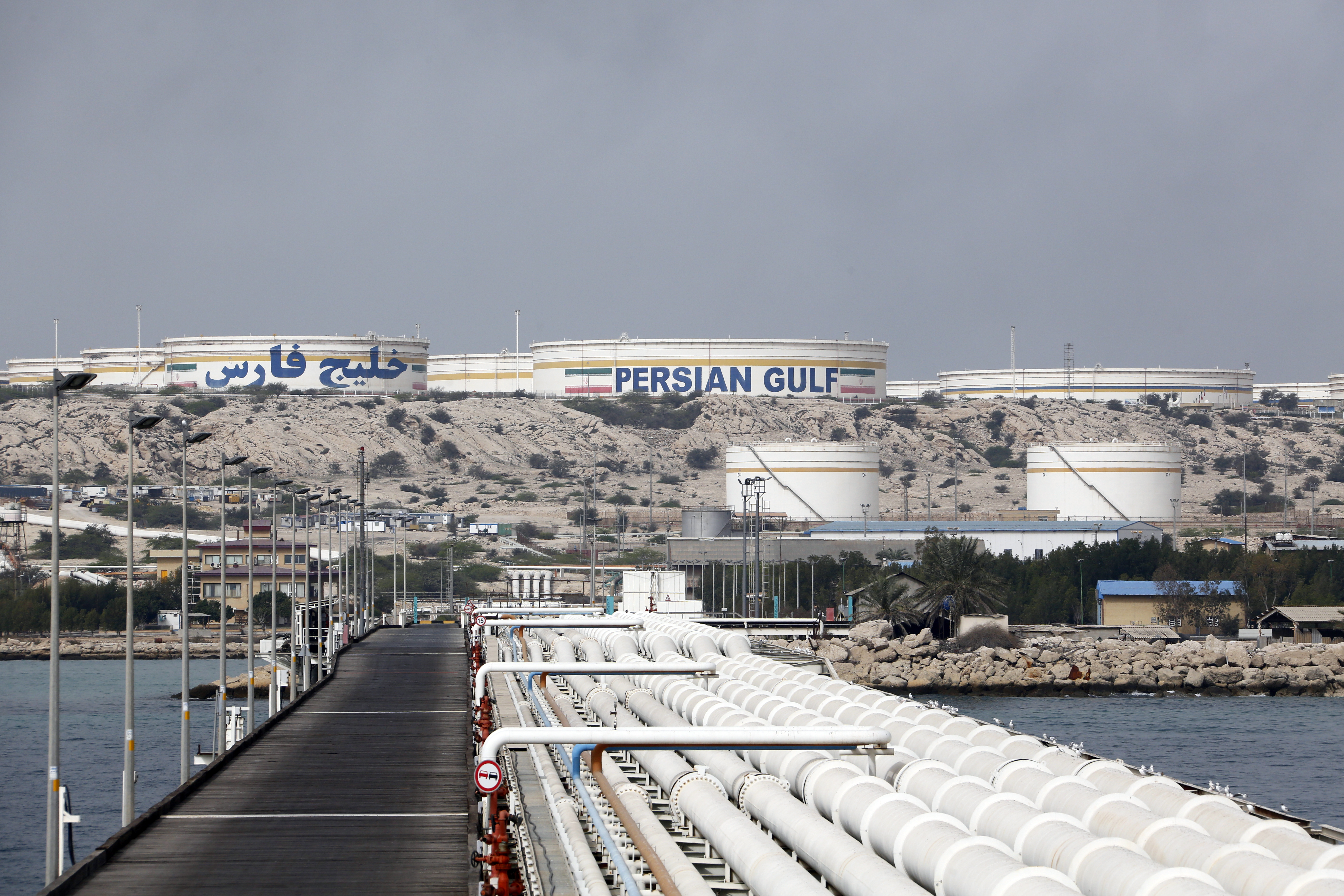US sticks to goal of cutting Iran oil exports to zero
Photo: () | ©AFP
Washington (AFP) – The United States remains determined to force Iran to change its behavior by cutting its oil exports to zero, the State Department said Monday, despite resistance from importing countries.
Brian Hook, the senior official leading negotiations with US allies on a new Iran strategy, said Washington is confident the world has enough spare oil capacity to replace Iranian crude.
And he confirmed that US secondary sanctions on firms dealing with Iran would “snap back” on August 6 for trade in cars and metals and on November 4 for oil and banking transactions.
This has been US policy since President Donald Trump pulled out of the Iran nuclear accord on May 8, but many foreign capitals have been demanding waivers to allow some trade to continue.
The US ultimatum has also contributed to upward pressure on world oil prices, although Trump believes he has persuaded Saudi Arabia to offset this by ramping up its own production.
“Our goal is to increase pressure on the Iranian regime by reducing to zero its revenue from crude oil sales,” Hook, the State Department’s director of policy and planning, told reporters.
“Now, we are working to minimize disruptions to the global market, but we are confident that there is sufficient global spare oil production capacity.
“Banking sanctions will also snap back on November 4, and we will be aggressively enforcing these provisions to lock up Iran’s assets overseas and deny the Iranian regime access to its hard currency.”
Although the European signatories to the Iran deal — Britain, France and Germany — lobbied hard for Trump to stay in the accord, their companies are likely to acquiesce to the renewed sanctions.
Western diplomats say few major firms would see enough profit in dealing with Iran to justify the risk of losing access to US trade and finance.
But other powers — including major Iran clients like India, China and Turkey — may not be so quick to bow to US demands.
Hook said teams of US diplomats are deploying to explain and defend the policy, but warned: “We are not looking to grant licenses or waivers, because doing so would substantially reduce pressure on Iran.
“We are prepared to work with countries that are reducing their imports on a case-by-case basis,” he added. “But as with our other sanctions, we are not looking to grant waivers or licenses.”
Disclaimer: This story has not been edited by Siliconeer and is published from a syndicated feed. Siliconeer does not assume any liability for the above story. Validity of the above story is for 7 Days from original date of publishing. Content copyright AFP.


